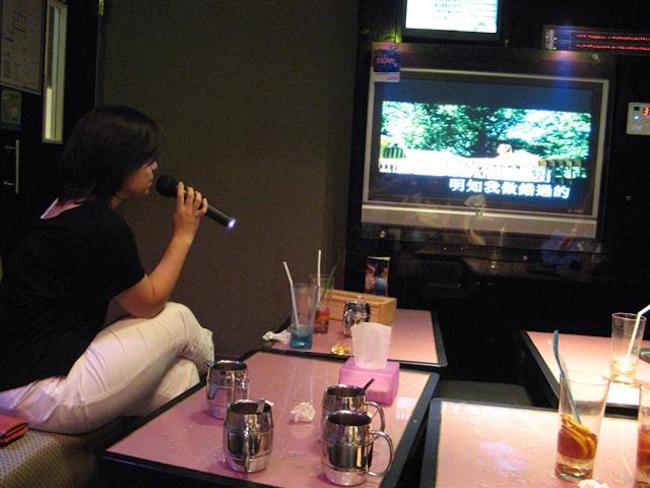
Shigeichi Negishi, the Japanese engineer who invented the karaoke machine in 1967, has died. The Wall Street Journal reports that Negishi actually passed away last month, in January 26, of natural causes after suffering from a fall. Negishi was 100.
The invention of the karaoke machine is a disputed bit of history. Negishi and Japanese businessman Daisuke Inoue came up with similar ideas around the same time, and Inoue came up with his own machine in 1971, installing them in nighclubs. But Shigeichi Negishi came up with his machine four years earlier, mass-producing a coin-operated version called the Sparko Box.
Shigeichi Negishi became an engineer after serving in the Japanese army and doing time as a prisoner of war in Singapore. He learned English as a POW and used that skill to sell cameras after the war. In 1967, Negishi owned a consumer electronics business, and he came up with the idea after friends teased him about his singing voice. He thought it would sound better if he had a backing track.
Negishi asked the head engineer of his company to come up with a prototype that could play instrumental tracks with a microphone amp and a mixing circuit. The final prototype was a cube, a foot and a half on each side, with a panel of colored lights that blinked in time with the music. Negishi tried it out by singing an old ’30s song called “Mujō No Yume.” When he realized that the machine worked, he brought it home to his family, and his kids loved it.
Shigeichi Negishi came up with the name karaoke, a word that had already been used to describe Japanese singers using pre-recorded backing tracks. A distributor told him that it sounded too much like “kanoke,” the Japanese word for coffin. Negishi never patented the Sparko Box, which used eight-track backing tapes and printed lyric booklets. The product was a commercial failure, and Negishi quickly stopped production of the device. In a 2020 interview with Kotaku, Negishi showed that his Sparko Box devices still worked.
